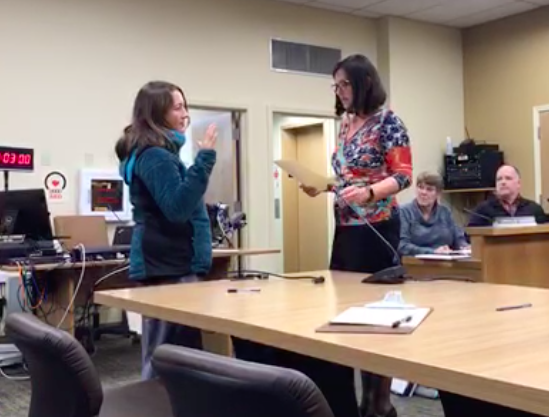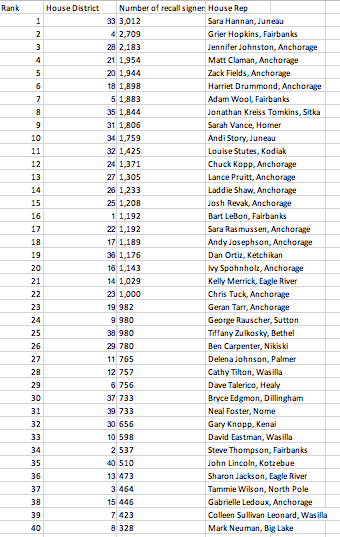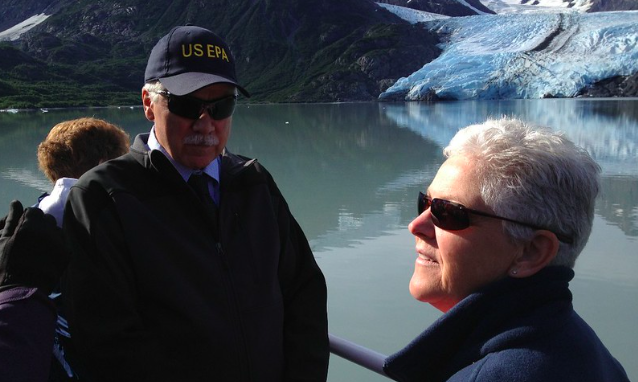DOESN’T BUY DUNLEAVY ‘FUNDS NOT IN HAND’ ARGUMENT
An Alaska Superior Court judge has upheld the Legislature’s right to appropriate future unknown funds for programs it deems important.
The decision, if it stands, will have a substantial impact on lawmaking and budgeting going forward. Legislators may decide to do extensive forward funding programs during an election year, when a new governor is likely to take office. That governor would not be able to reach back and veto funding made and approved in previous years, and may lose the ability to veto for multiple years.
The issue went to court because the Dunleavy Administration argued that appropriating funds that were not yet in hand is unconstitutional.
But Juneau Superior Court Judge Daniel Schally disagreed, writing that “While Alaska’s constitutional framers sought to protect state control over state revenue and to ensure legislative flexibility over the disposition of revenue sources, and to limit certain powers and to avoid certain pitfalls, it is also apparent that the framers did not intend to prevent the state from experimenting and adapting to changing circumstances.”
Scally continued, “Simply put, the forward-funding appropriations here do not constrict the legislature’s power over free disposition of state funds to such a degree that they exceed the legislature’s freedom to experiment and adapt to the changing circumstances and hurdles of the day, particularly in the field of public education.”
Read the entire decision here:
The matter will now go to the Alaska Supreme Court on appeal.
“This decision upends the appropriations process as we know it and could lead to one legislature and governor setting the budget five, six or more years in advance,” said Attorney General Kevin Clarkson. “Although the education funding at issue here was only for one year in advance, following the superior court’s logic, there is really no time limit to speak of on the legislature’s decision to future appropriate, aside from political will. By the superior court’s decision, budgeting five years, six years, even 10 years out is fair game.
“We fundamentally do not believe that is what our constitutional framers envisioned when they discussed an annual budgeting process. This issue is too important not to appeal and get final guidance from the Alaska Supreme Court, so we all know going forward what the rules are.”
In 2018, the Legislature passed an appropriation bill that committed future revenues, not revenues on hand in the State treasury in fiscal year 2019, to pay for education in the future fiscal year 2020.
Clarkson issued a formal Attorney General opinion on May 8, 2019, concluding that the appropriation was unconstitutional and a new appropriation was needed.
The Legislature disagreed and decided not to pass a new appropriation, which left education, in the opinion of the Attorney General, without any constitutional source of funding. The Legislature ultimately sued the governor in order to resolve the dispute.
The Dunleavy Administration has been releasing funds to the education community on a monthly basis under a court-approved stipulation agreed to by both parties.
The current stipulation remains in effect until a final judgment is entered.









